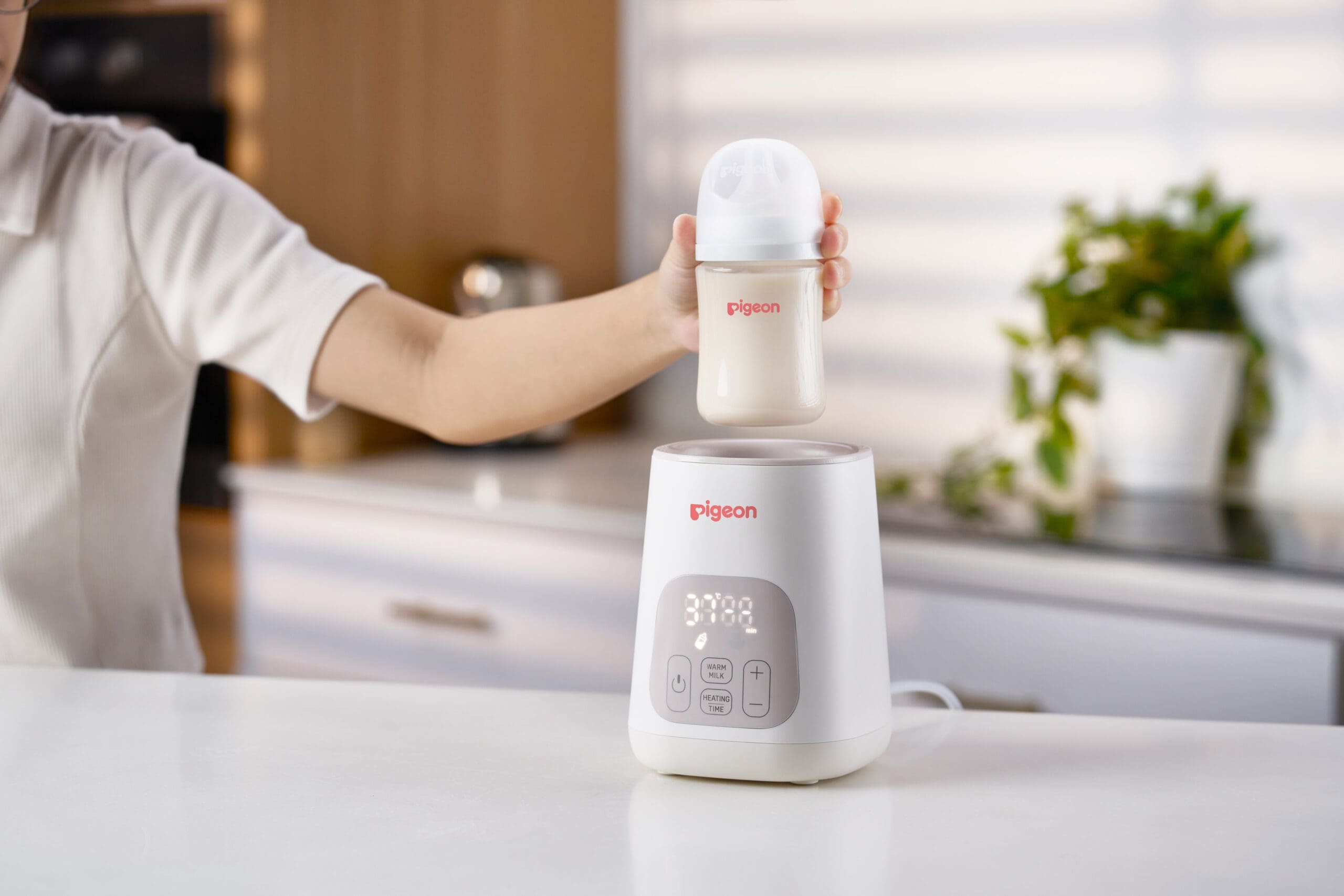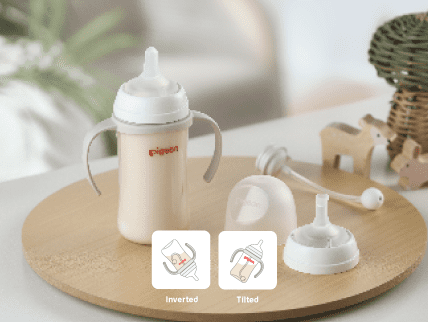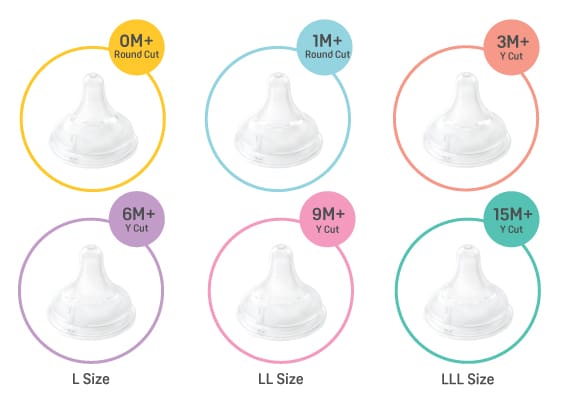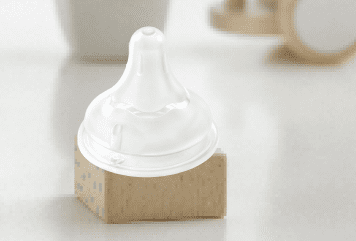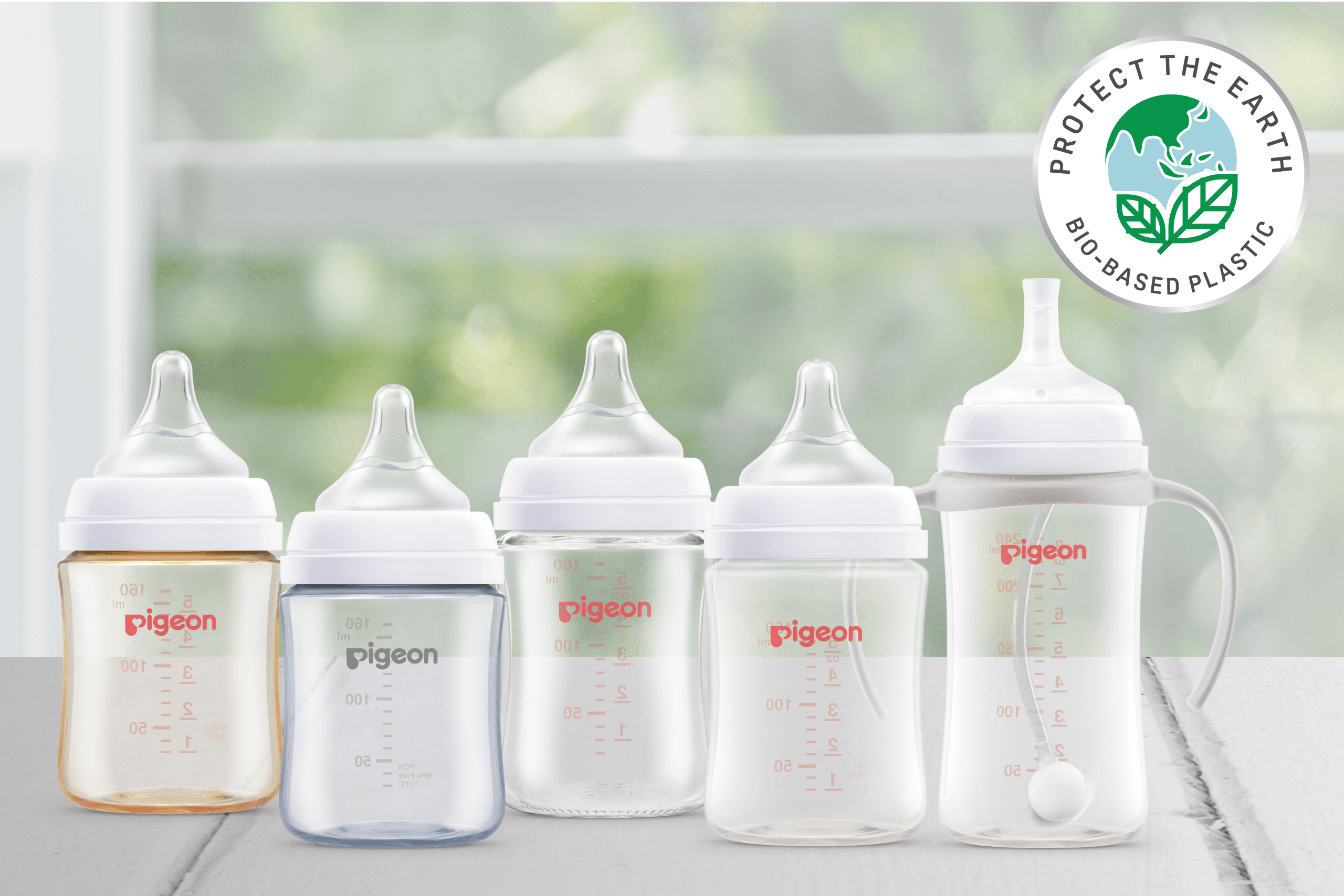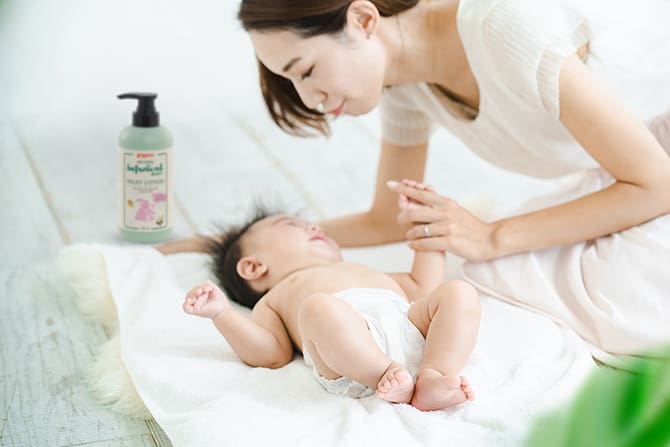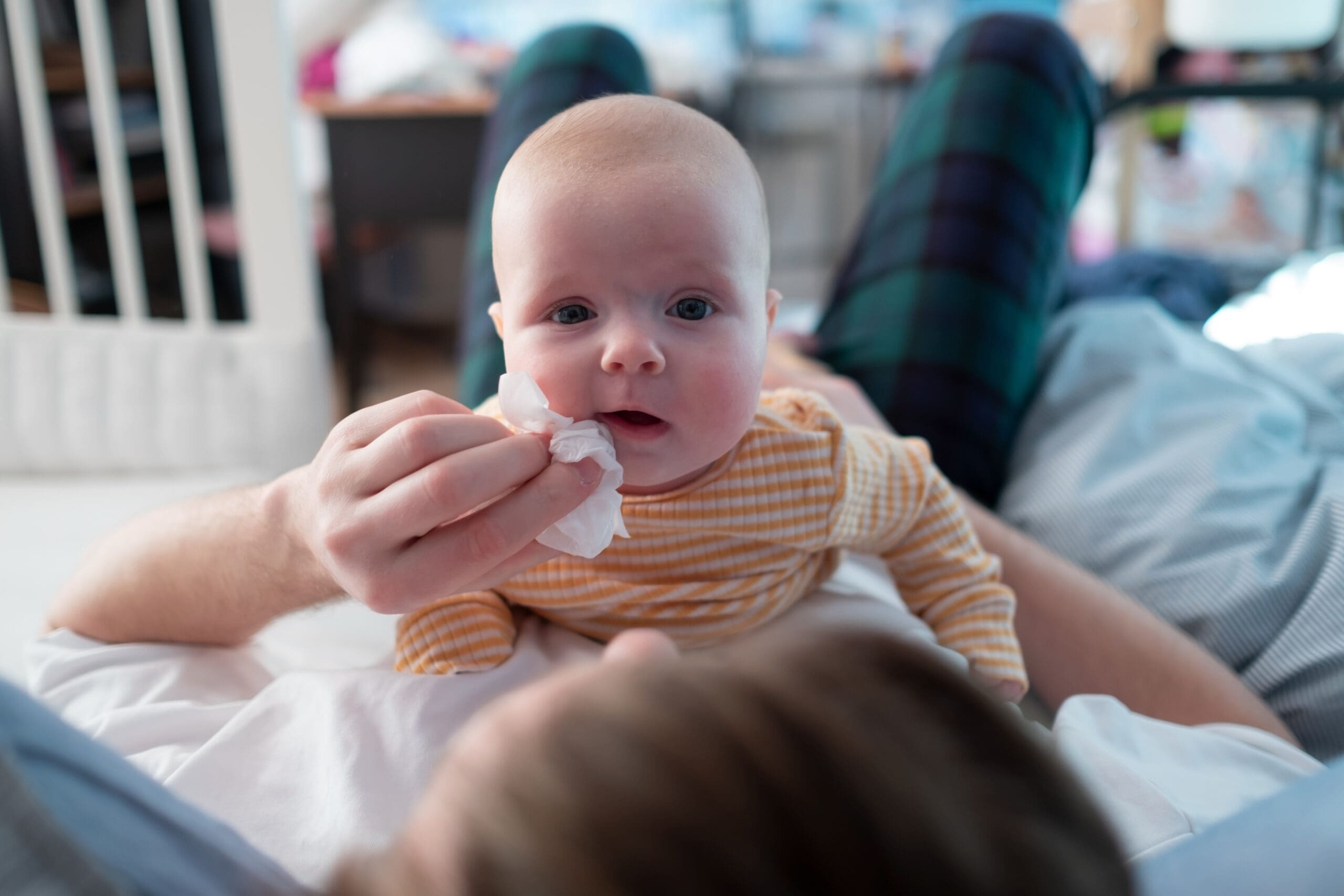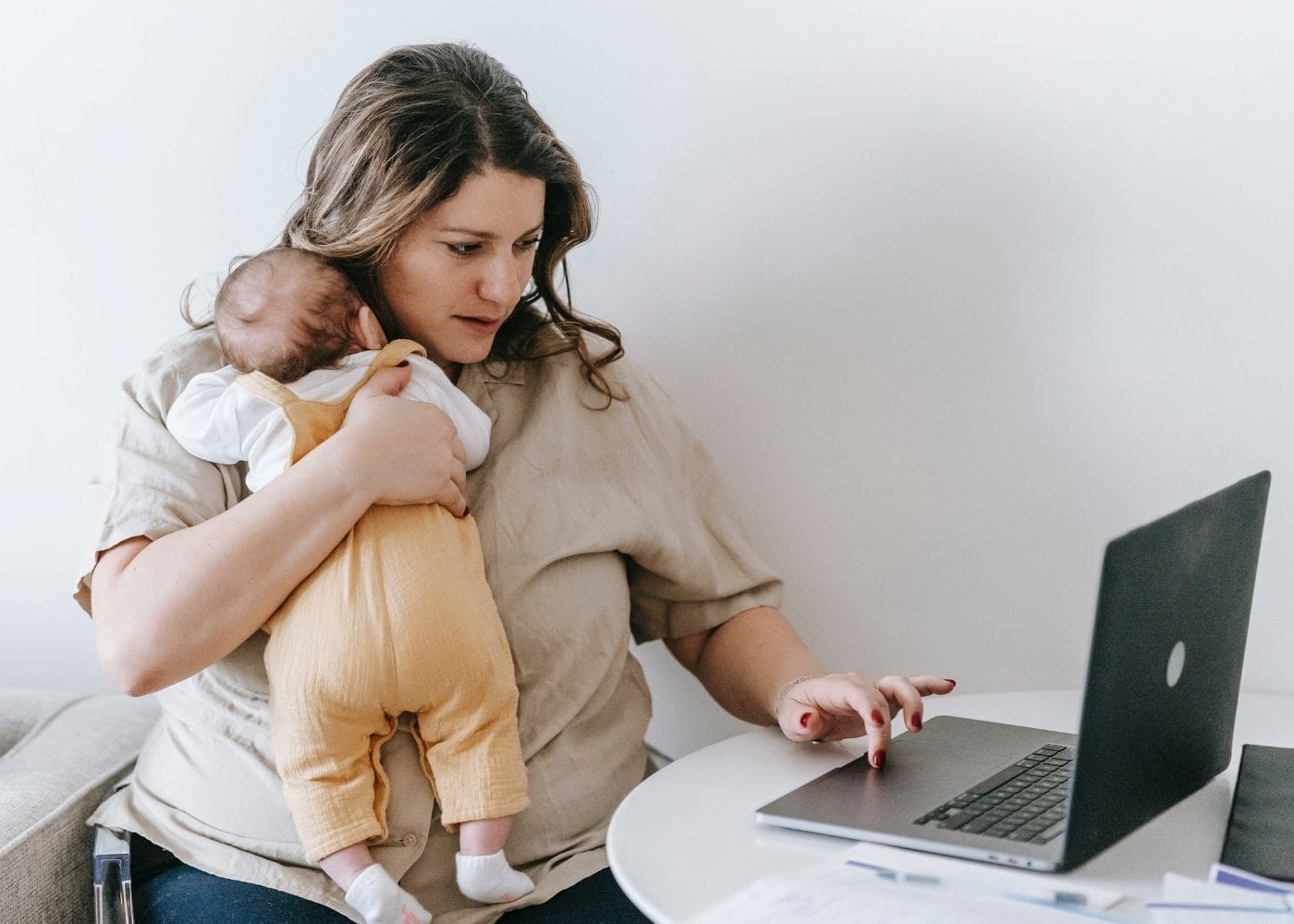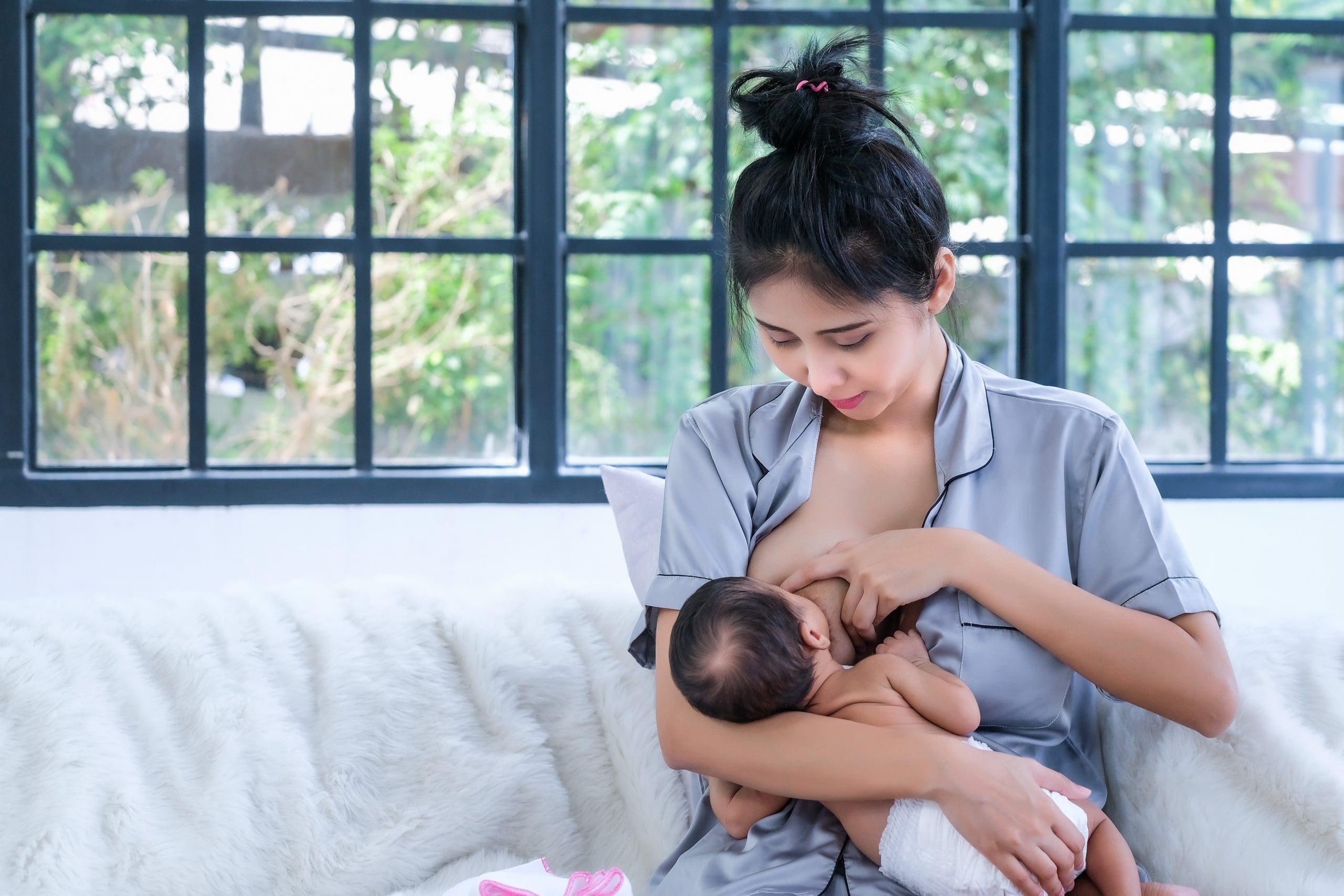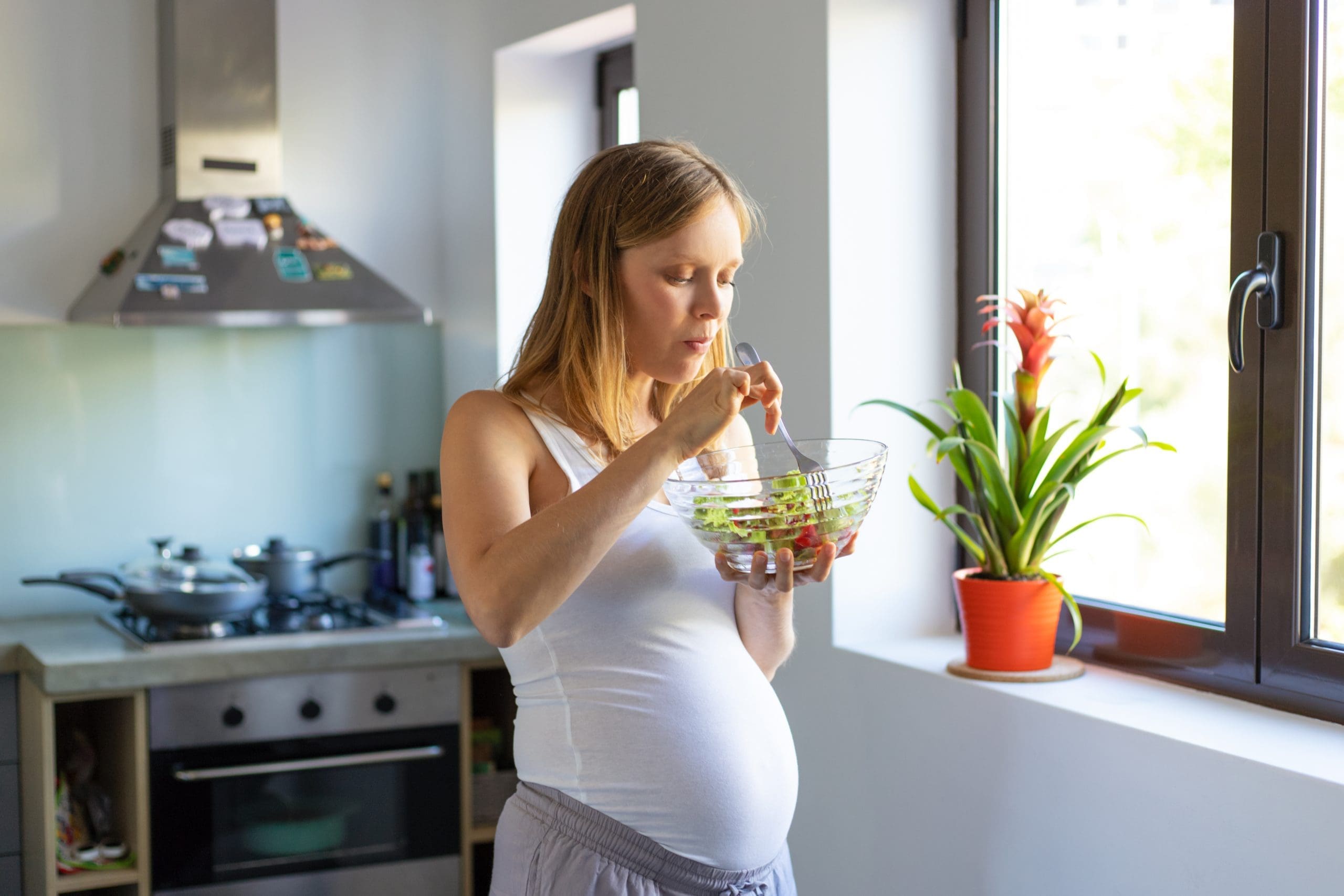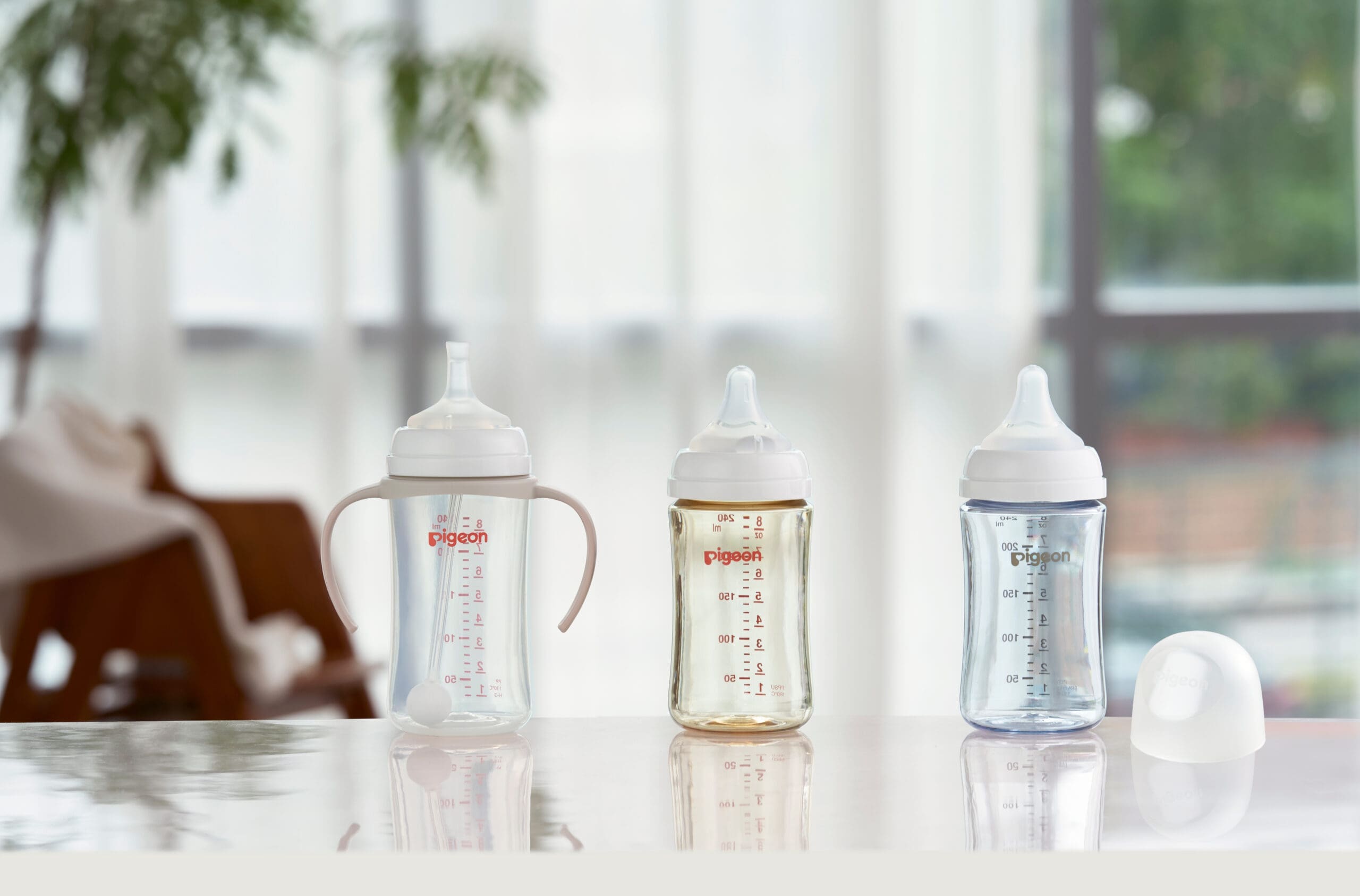How To Deal With Pregnancy In The Time Of Coronavirus Pandemic
Having a baby in the midst of a pandemic can be nerve-wrecking, but here are some useful tips to help you stay calm and safe throughout pregnancy.
Pregnancy is a time of anticipation and excitement as you prepare for the arrival of your new bundle, but with the outbreak of the coronavirus, it brings a new world of stress, fear and uncertainty.
The good news is, there’s no research that suggests pregnant women are more susceptible to the disease than the general population. Neither is there evidence of mother-to-child transmission if you get infected during the third trimester, according to the new guidelines from the World Health Organisation. However, keep in mind that this is a new and relatively unknown disease so you never know what comes next.
Here’s what you need to know to prepare for your baby’s birth during COVID-19.
#1 Keep up with the appointments
You may feel fearful about going for appointments, but don’t let that deter you from going for prenatal visits as it’s crucial for maternal and fetal health. A lot of healthcare professionals already have the necessary safety precautions in place to minimise the risk of infection, such as restricting the number of people who are visiting the hospital and making sure they’re well-staffed. These steps are essential as it ensures that you receive the best care possible without overwhelming the healthcare staff and services.
However, if you’re still not comfortable seeing your doctor in-person, fret not – it’s possible to consult them remotely via phone or video call in today’s digital age, so be sure to find out what are the options available.
#2 Communicate with your obstetrician
If you’re planning on giving birth in a hospital, it’s advisable to speak with your obstetric team about the safest way to go through with the delivery, and whether there are any contingency plans if a medical emergency occurs during labour that may require deployment of staff. You can also try to request for an early discharge if you and your baby are well enough. It’s important to discuss any questions you may have about your birth with your healthcare provider prior to labour, so you can clear doubts and give you the ease of mind.
#3 Keep anxiety under control
In these times of uncertainty, you may feel overwhelmed by feelings of anxiety. It can be hard to calm your worried mind, but don’t beat yourself up for it. Try to focus on positive thoughts and activities that will help you to relax, such as practicing breathing exercises, spending time on a hobby, or simply giving yourself some me-time. Having a strong support system also does wonders for your mental health, so don’t be afraid to reach out to others if you find yourself struggling. Spend time with your partner, call up a friend, or talk to your midwife—you’ll find yourself in a much better headspace after a good heart-to-heart session!
#4 Good hygiene is key
The best thing you can do as an expectant mother to keep yourself and the baby safe, is to practice good hygiene habits – wash hands with soap and water frequently, cough or sneeze into your elbow or a tissue, and avoid touching your eyes, nose and mouth. Keep a hand sanitiser or antibacterial wipes on hand to use at home or when out and about. This helps to keep your surroundings (and yourself) clean and germ-free.
Social distancing is also important to reduce the spread of the virus, so try to avoid close contact with people who are sick and stay away from large gatherings and crowds for the time being (yes, this includes friends and family). Always remember to wear a mask in public, especially in places where it’s hard to maintain physical distancing such as the shopping mall or grocery store. It’s better to be safe than sorry!
#5 It’s safe to breastfeed
Breastfeeding mums will be relieved to know there’s no evidence that indicates transmission through breast milk so far, which means it’s safe for you to commence breastfeeding even if you test positive for COVID-19. However, as coronavirus is usually spread through respiratory droplets, you should still wash your hands before and after contact, and use a mask when taking care of your infant in order to minimise potential exposure. If you’re feeling ill, it’s recommended to express milk with the help of a breast pump and feed them through a nursing bottle or a clean cup – all while following the appropriate hygiene measures.
#6 Get vaccinated
While the vaccine for the new coronavirus has not been found yet, you can still get a flu shot to protect yourself from the seasonal influenza – the last thing you want to worry about is to battle a nasty case of flu and coronavirus at the same time.
You’re recommended to get vaccinated while you’re pregnant as expectant women tend to have a higher risk of developing complications from the flu, such as severe pneumonia and preterm birth and other respiratory issues. And not to worry; getting a flu vaccination is perfectly safe at any point of your pregnancy and poses no health risks to your unborn baby. In fact, your baby benefits from the immunisation since the flu-fighting antibodies are passed on to the fetus through the placenta. That’s double the protection for both mother and baby!
In the event that you are diagnosed with coronavirus, you may be advised to recover at home if you have mild symptoms, or seek treatment in a hospital for those with more severe symptoms. Although there’s still a chance for transmission from mother to baby during pregnancy or birth, the probability of infection is low. Given the current evidence, it’s also unlikely that having the virus will affect your baby’s development.
How To Deal With Pregnancy In The Time Of Coronavirus Pandemic
